The example of solidarity of a group of indigenous people, eighth-grade students from the Uluk Kicha Rural School, in the territory of Chirripó, in Turrialba, is to be applauded.
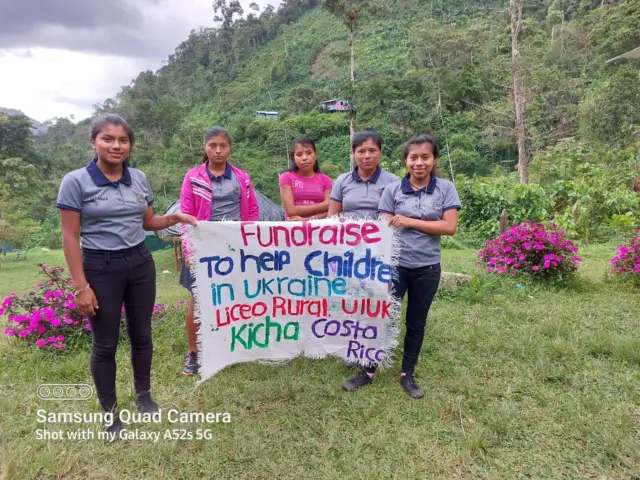
These boys between 13 and 15 years old, encouraged by their English teacher and guide, Pedro Morales, took on the task of spreading what is happening in Ukraine, a country that was invaded on February 24 of this year by the army. From Russia.
They visit all students classroom by classroom (the educational center has a total of 102 students) to motivate them to join the campaign that seeks to collect letters with messages of support to send to Ukrainian families who have had to leave their country in search of a better future and save your life and that of your loved ones.
The inspiration for the English teacher, who is also indigenous and a resident of the Chirripó community, was born from the volunteer work he saw Tico-Canadian Bruce Callow do, who took 27 days off work to go and collaborate with the families who were crossing the border from Ukraine to Poland.
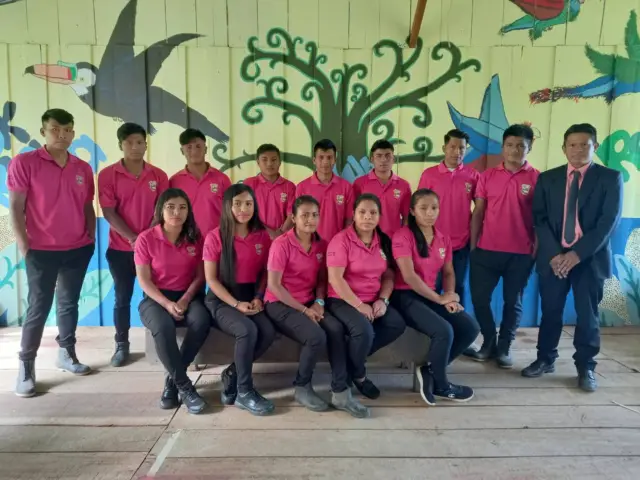
“It caught my attention that a week before he was with us at the high school and then we found out that he was in Europe helping everyone he could, at least bringing a moment of joy to the children so that at least at that moment they would forget what they were living,” Pedro said.
The teachers of the school, which was founded in 2018, have been concerned with giving students talks and knowledge beyond academics, to form good human beings, supportive and committed to others.
“That is why I spoke with the students and told them how nice it would be to make a collection to send help to these families, even if it was symbolic, (the needs faced by indigenous communities are not a secret), and send them through Bruce so that they know that we stand in solidarity with them”, explained the educator.
blessed
Morales added that this is how the boys learn what the Ukrainians are going through and understand that the world is so small that today it is those families that need love, but later it can be theirs.
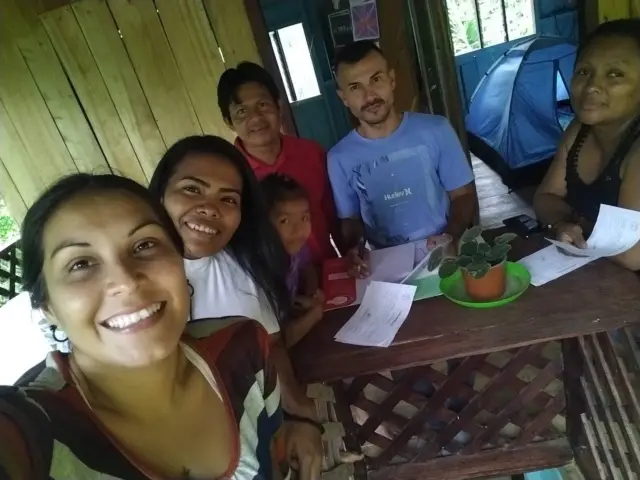
“They (Ukrainians) are suffering and here thanks to our democratic system we are blessed, I made them see that,” said the ‘teacher’.
Best of all, the boys signed up at once. 22 students take turns visiting, classroom by classroom, looking for more volunteers.
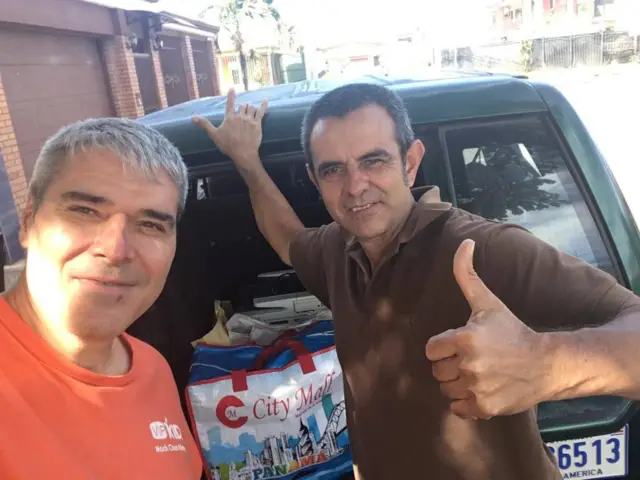
“In my community, in the school and the other indigenous high schools, it is very rare for someone to do a project of this type, because we do not have much information, it is very limited due to problems of Internet access and even television signal”, explained the English teacher.
The teacher arrived at the Cabécar indigenous high school just one year after it was founded and this year they will have their first generation of graduates.
“We sent several messages telling them that they are not alone, that we hope they can get ahead and we wrote a letter on behalf of the entire eighth-grade group that each of us signed and we collected about 20 dollars (about 13 thousand colones) that we will send them through the friends of the Canadian Red Cross, who are collaborating with the Ukrainian refugees”, explained Morales.
The Social Studies and Spanish teachers have also signed up for the current moment to teach them about both countries and the conflicts in which they have been involved throughout history.
“The news almost only reaches students through teachers, because cell phone and internet coverage are very poor and not many have a telephone. Only when they go to downtown Turrialba is that they can listen a little more, but as in my case, I can only do it on Saturdays”, said the educator.
The high school is located in the community of Xalapa, in the Chirripó sector, which is about three hours by car from Turrialba, but the road is in terrible condition and only 4×4 vehicles enter.
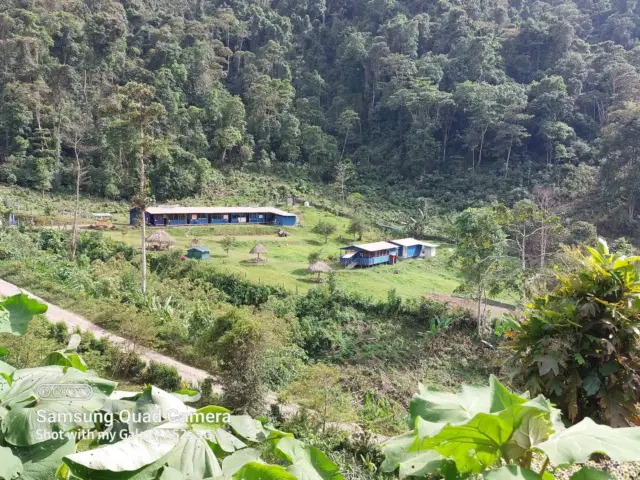
“There are students, about 70 percent, who have to walk between seven and eight kilometers to study, so they leave their homes at 4:40 in the morning, although others have a softer time and live 100 or 200 meters away. meters from the school”, said Pedro.

